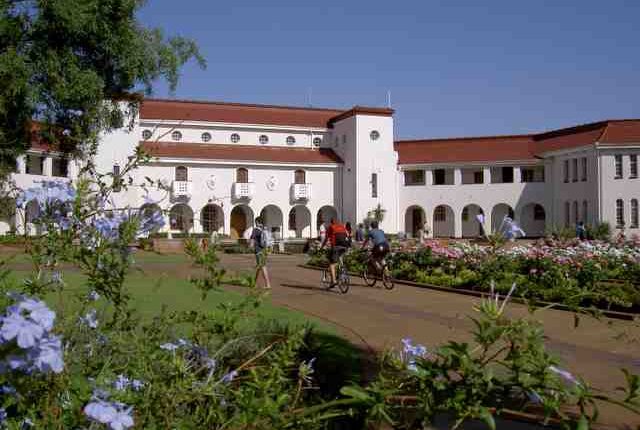North-West University: NWU professor is using systems thinking to change the game of learning
Prof Roelien Goede is passionate about teaching and moved to Potchefstroom, where she had been appointed as lecturer in the then School for Computer Science, Statistics and Mathematics, in 2001.
Her main research focus, for which she received a C2 rating from the National Research Foundation (NRF) of South Africa in 2018, is the improvement of data warehousing in South Africa using systems thinking.
The improvement of data warehousing includes a focus on technical improvements and on improving the readiness of graduates to enter the data warehousing industry.
Systems science is a meta science, in other words, it is an approach that can be applied in various fields. It is the opposite of reductionism and includes strategies to embrace complexity from a holistic understanding. C West Churchman wrote, “a systems approach begins when first you see the world through the eyes of another”.
This holds particularly true for and is dear to Prof Goede, who was initially trained in a specific, reductionistic way of thinking.
She soon realised that people are often trained to think in boxes of disciplines, and that is not conducive to accommodating multiple perspectives.
She could not practise her science separately from her life world, and when she discovered systems science, she realised that she did not need to.
She realised it was possible to embrace the complexity of problems by taking a systems approach.
Prof Goede conducts research on business intelligence, putting herself in the shoes of others in the IT field to create systems that incorporate different viewpoints.
Often IT systems fail because they include limited perspectives, but with a holistic systems approach, complexity is embraced and not reduced. She also does extensive research in education, but does so from a critical systems approach, focusing on the holistic nature of problems.
She is always focused on critical systems thinking in order to empower those not involved in planning phases but affected by the outcome.
Her most recent project is the creation of a game environment for learning. In a world in which we are motivated by rewards, universities must keep up and compete for students’ time.
Learning can, for example, infringe on students’ social media time.
Creating a game engine that incorporates all the perks of game playing can completely transform students’ way of, and motivation for, learning.
The aim is to create a fun learning platform and to utilise it for different applications in teaching, for example, computer science and statistics.
The game-based learning environment from multiple perspectives can make a huge impact and it may even be used for small indigenous languages in South Africa.
Prof Goede aspires to create a game environment that is adopted in many fields of learning to make a real difference in a wide spread of applications.
The relevance of systems thinking for achieving this is clear. It is a method of complexity management, embracing multiple perspectives to make sense of the complexity of our real world.

